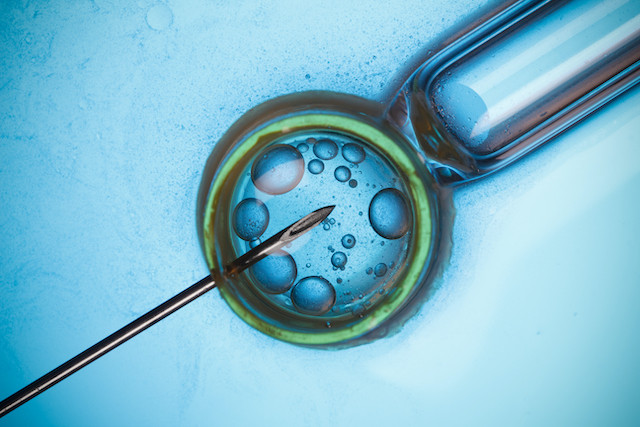Under the new law information on the sperm or egg donor must be registered, regardless of whether the fertilisation was carried out in Luxembourg or abroad as long as one of the child’s legal parents lives in the country. Children conceived through assisted reproduction can request this information although they require parental consent as minors.
The legislation would help prevent “genetic orphans”, the draft law says, adding that children have a right to know their origins. “This system leaves the choice to the child.” However, the law does not obligate parents to reveal to the child that they have one or more non-biological parents.
The law also applies to adoption, although the information collected in Luxembourg will depend on the legal frameworks in the child’s country of origin.
The document will also regulate anonymous birth. Women in Luxembourg can choose to give birth anonymously when giving up the child. This right will remain, but parents can now indicate their identity with an agreement to reveal this to the child if requested later.
The biological parents can also leave an anonymous letter or other information in the patient file in case the child makes a request to know their origin. Parents will also be able to add their identity to the file at any point after the birth.
The biological parents do not, however, have any obligations towards the child, who cannot request to take their biological parents’ surname, or claim an inheritance or other financial support.
Lawmakers are now studying the law before it can come to a vote in parliament to take effect. Only children born after the law comes into effect will have the right to information on their origins.
